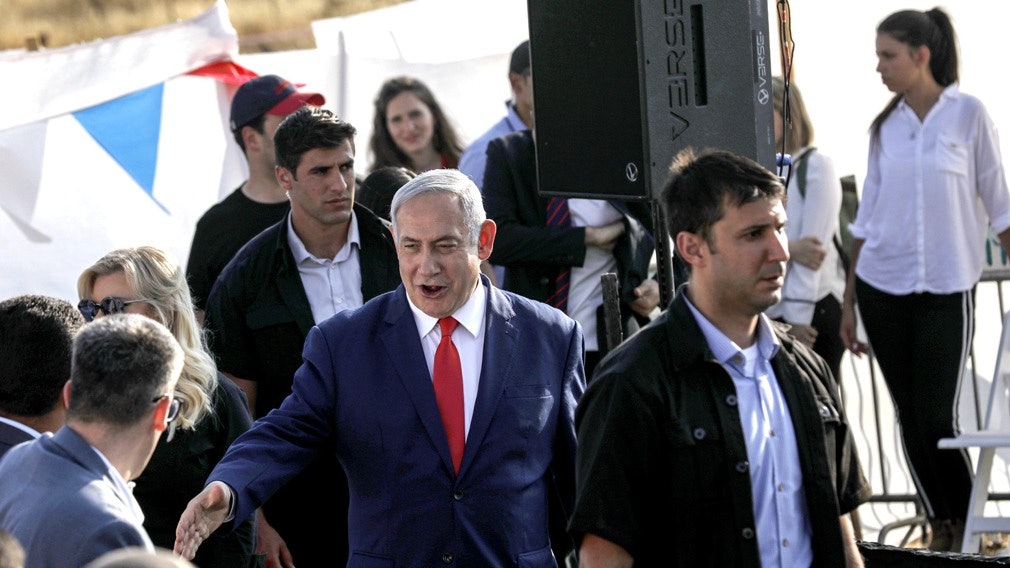On September 17, Israel held its 22nd parliamentary election. Initial polls show that the party led by Netanyahu is in a backward position.
Comprehensive media reported on September 17 that Israel welcomed the second parliamentary elections on the 17th. The two most popular figures in this election – Benny Gantz and Benjamin Netanyahu – are retired veterans who have repeatedly built military exploits, and one is the political powerhouse who has served as prime minister four times; The young mid-wing party, the Blue and White Party, is at the helm of Israel’s largest right-wing party, the Likud Group.
Founded in 1973, the Likud Group advocates the establishment of a free market economy and the revitalization of Jewish culture. It has a tough stance on the Palestinian issue and emphasizes the use of military power to safeguard Israel’s national security. The Blue and White Party was established in February 2019. It advocates the introduction of the prime minister’s term limit, safeguards the rights of the Israeli minority, and advocates negotiations with the Palestinian National Authority on a peace agreement.
In the last general election, the two sides were equal and evenly matched; this time, who will eventually fall to Israel’s “presidential throne”?
According to an export poll released by the Israeli media on the evening of the 17th, the Blue and White Party took the lead in the Israeli parliamentary elections held on the same day.
In the 22nd parliamentary election on the 17th, a total of 29 parties competed for 120 seats in the parliament. The export poll released by Israel’s Channel 13 TV station that night showed that among the main political parties, the Blue and White Party won 32 seats, the Likud Group won 30 seats, and the “Joint List” party won 15 seats.
According to the export poll released by Israel’s Channel 12 TV station, among the main political parties, the Blue and White Party won 34 seats, the Likud Group won 33 seats, and the “Joint List” Party won 11 seats.
The official results of the Israeli parliamentary elections are expected to be announced on the 18th.
According to the British “Times” reported on the 17th, on the evening of the 16th local time, more than 1,000 Likud group supporters waited for Netanyahu to deliver a pre-election speech in Bat Yam, south of Tel Aviv, Israel. But after 80 minutes of support for the supporters, what was waiting was an unexpected message: the results of the in-depth poll showed that he might face a defeat, so he had to cancel the speech, and now he is holding an emergency meeting in the bureaucracy.
Israel is a parliamentary state. The parliament has a one-chamber system with a total of 120 members for a four-year term. Only political parties with more than 3.25% of the votes can enter the parliament, and political parties with more than half of the seats can form separate panels. Because of the small and medium-sized parties, there has never been a single political party in the history of Israel. The previous cabinets are all coalition governments composed of multiple political parties.
In April this year, Israel held the 21st parliamentary elections, and the Likud Group won the right to form a cabinet. However, Likud’s leader, Netanyahu, failed to form a ruling coalition within the prescribed time limit, which led to the dissolution of the parliament and the re-election.












